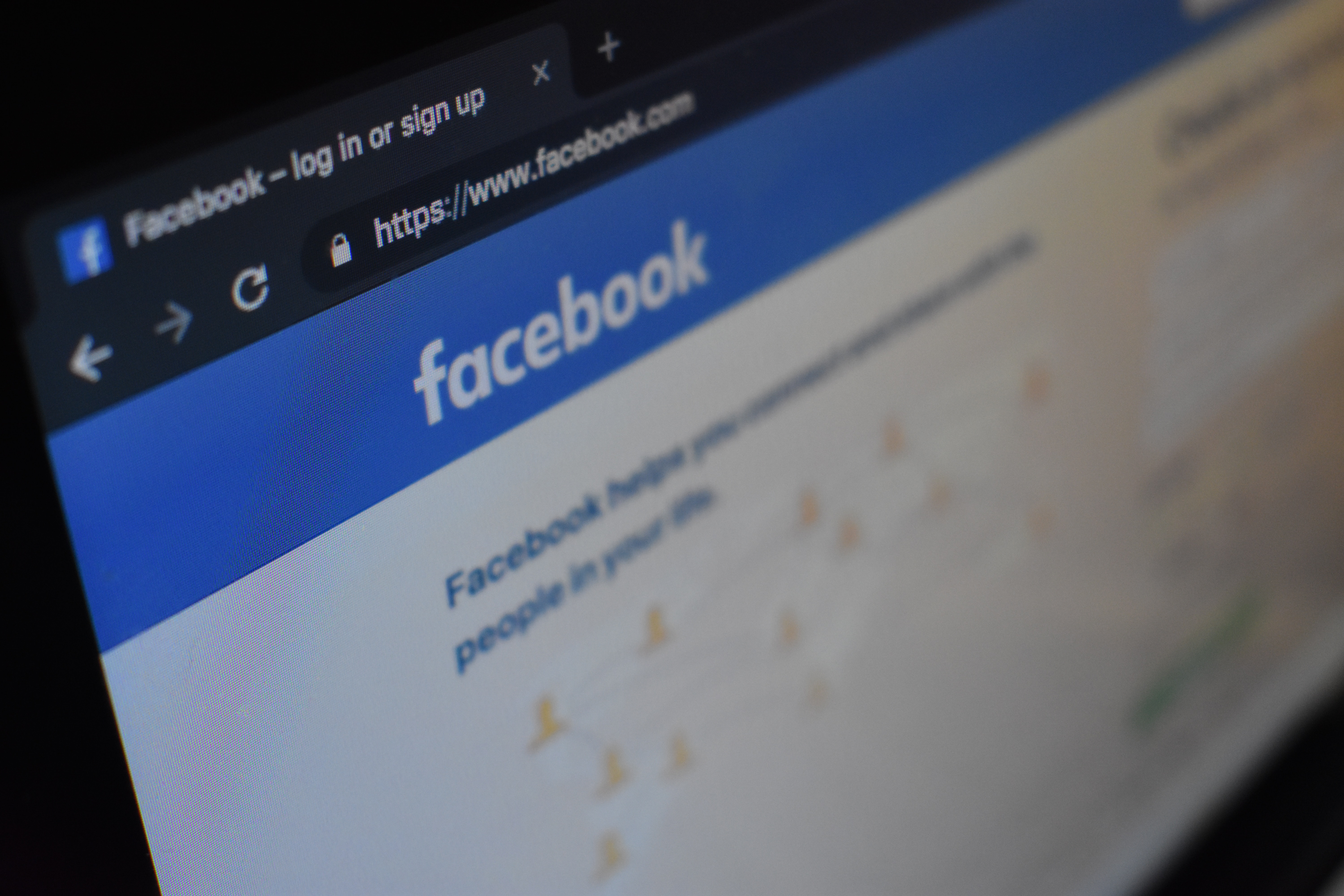Business and Economy
Facebook’s influencers nod shows murky side of campaign ads

The company’s rule change comes days after Democratic presidential candidate Mike Bloomberg exposed a loophole in Facebook’s political advertising guidelines by promoting his campaign through popular Instagram personalities followed by millions of younger people. (File photo by Kon Karampelas/Unsplash)
SAN FRANCISCO — Facebook’s green light for political campaigns to pay prominent social media users to spread their messages is highlighting the difficulties around setting rules for the fast-changing world of online political campaigning.
The company’s rule change comes days after Democratic presidential candidate Mike Bloomberg exposed a loophole in Facebook’s political advertising guidelines by promoting his campaign through popular Instagram personalities followed by millions of younger people.
The Bloomberg posts weren’t much more than using self-deprecating humour to sell the candidate’s old guy appeal, using a tactic that until now was largely used to sell skin care products or clothing-subscription services on social media. But the lack of oversight and clear rules around influencer marketing, along with their effectiveness in reaching younger audiences, makes them ripe for misuse.
Even with Friday’s change, Facebook’s policies leave plenty of loopholes, which campaigns and candidates will likely find ways to exploit until Election Day, said Dipayan Ghosh, a former Facebook employee who is currently co-director of Harvard’s digital platforms and democracy project. And if campaigns can do it, he said, so can grifters and foreign governments.
“We’re in for quite a lot of turmoil and trouble,” Ghosh said.
Bloomberg easily skirted many of the rules that tech companies have imposed over the years to safeguard U.S. elections from interference and misinformation. After Russia used social media ads in an attempt to influence the 2016 presidential election, Facebook began to require campaigns to verify their identity with a U.S. ID or mailing address and disclose how much they spent running each ad.
Before the explosion of social media, it was clearer what’s an ad and what isn’t — and thus what’s subject to disclosures and other rules. With social media, a campaign can pay influential users to spread a message on their behalf, without ever buying an ad and being subject to its rules.
“This is a new kind of activity that simply didn’t exist when the rules for internet political communications were last updated,” said Commissioner Ellen L. Weintraub of the Federal Election Commission.
Friday’s policy change involves what Facebook calls “branded content” — sponsored items posted by ordinary users who are typically paid by companies or organizations. Advertisers pay the influential users directly to post about their brand. Because Facebook doesn’t make money directly, such posts weren’t governed by Facebook’s advertising policies,
Until Friday, Facebook tried to deter campaigns from using such branded content by barring them from using a tool designed to help advertisers run such posts on Facebook and Instagram, which is owned by Facebook. The rule change now allows campaigns in the U.S. to use this tool, provided they’ve been authorized by Facebook to run political ads and disclose who paid for the sponsored posts. Campaigns that avoid using the tool, as Bloomberg had, now risk having their accounts suspended.
“After hearing from multiple campaigns, we agree that there’s a place for branded content in political discussion on our platforms,” Facebook said.
Politicians still won’t be required to disclose how much they paid the influencers to run the posts. And the posts won’t appear in Facebook’s online catalogue of political ads, which lets other campaigns, journalists and watchdog groups view the type of messages politicians are pushing.
Facebook’s new rules won’t apply to someone merely creating or sharing a post about a politician without getting paid.
Facebook said it is asking the influencer accounts that posted the Bloomberg memes to retroactively use the tool meant for such posts. After this happens, the posts will be labeled as a “paid partnership” with Bloomberg.
Google says it doesn’t allow political messages using its main tools for connecting with influencers, but campaigns can make individual arrangements with YouTube influencers. These videos would be covered under general disclosure rules, but would not be added to Google’s political advertising database. Twitter bans all political ads, but “organic content” such as influencers’ posts aren’t covered.
The Bloomberg campaign had taken the unconventional step of paying more than a dozen influencers on Instagram — individuals with huge followings — to post memes of Bloomberg. The memes showed the 78-year-old candidate, in a tongue-in-cheek awkward fashion, asking influencers with names like “Tank Sinatra” to help raise his profile among younger people.
“Can you post a meme that lets everyone know I’m the cool candidate?” Bloomberg wrote in one of the exchanges posted by an Instagram account with nearly 15 million followers. The candidate then sent a photo of him wearing baggy chino shorts, an orange polo and a zip-up vest. The reply: “Ooof that will cost like a billion dollars.” The billionaire candidate responded by asking where to send the money.
Bloomberg’s campaign said it was reaching those who might not be normally interested in day-to-day politics and make them “feel like they’re not just getting a canned generic statement,” campaign spokeswoman Sabrina Singh said.
The Bloomberg campaign declined to say how much it paid for the sponsored posts, or if it had more in the works.
Ghosh, the Harvard critic, said the sponsored posts should be treated like any other ad, so people can see how much was paid and how wide an audience a post received. Ghosh said voters don’t distinguish between ads, in which campaigns pay Facebook directly, and sponsored posts, in which campaigns pay influencers.
“It is incredulous to think that Facebook cannot provide greater transparency,” Ghosh said. “Facebook simply doesn’t want to wade into those waters. Doing so would provide a level of responsibility that this company at every possible turn shirks.”
———
Seitz reported from Chicago. AP Technology Writer Rachel Lerman in San Francisco contributed to this report.





















